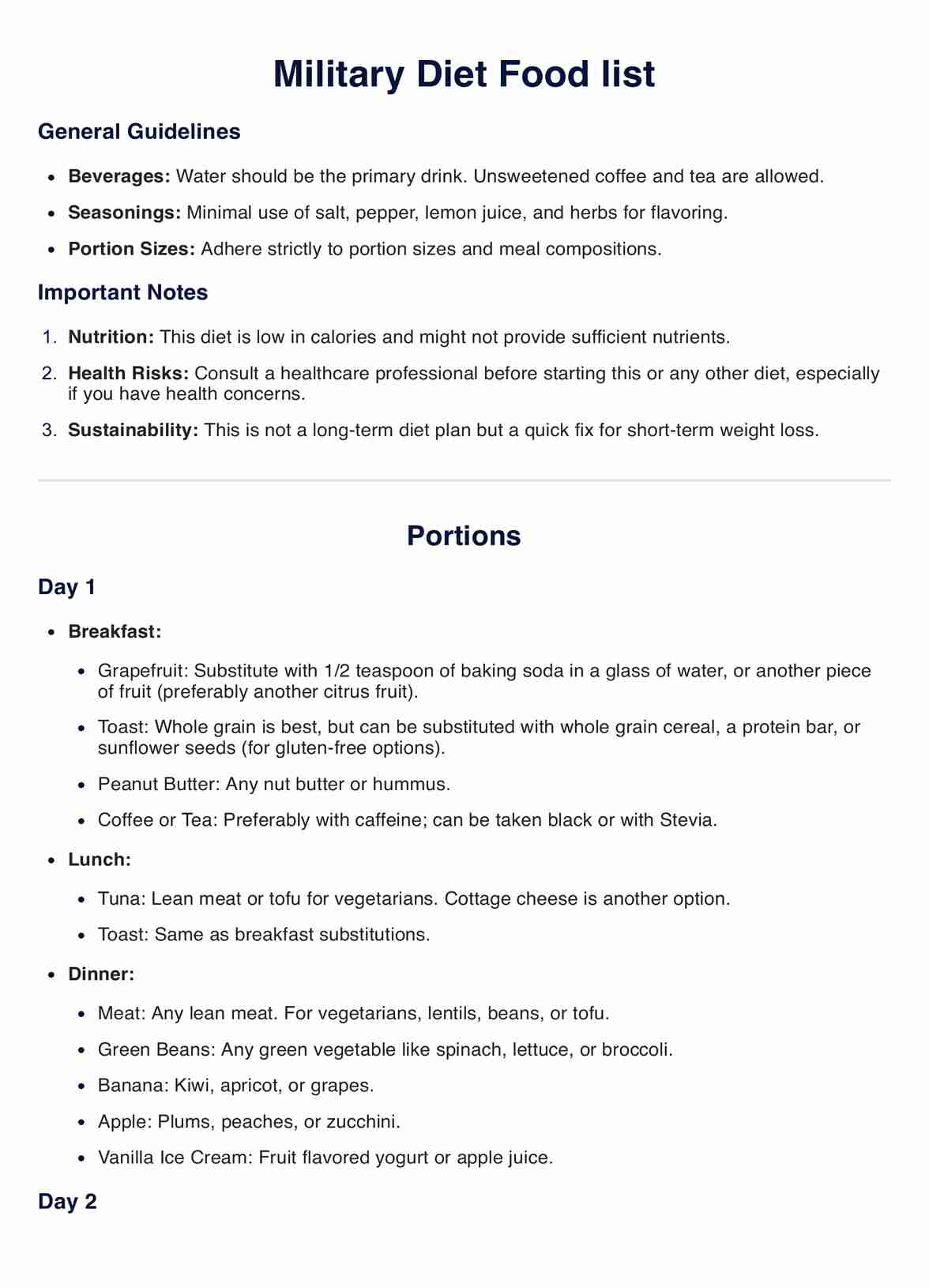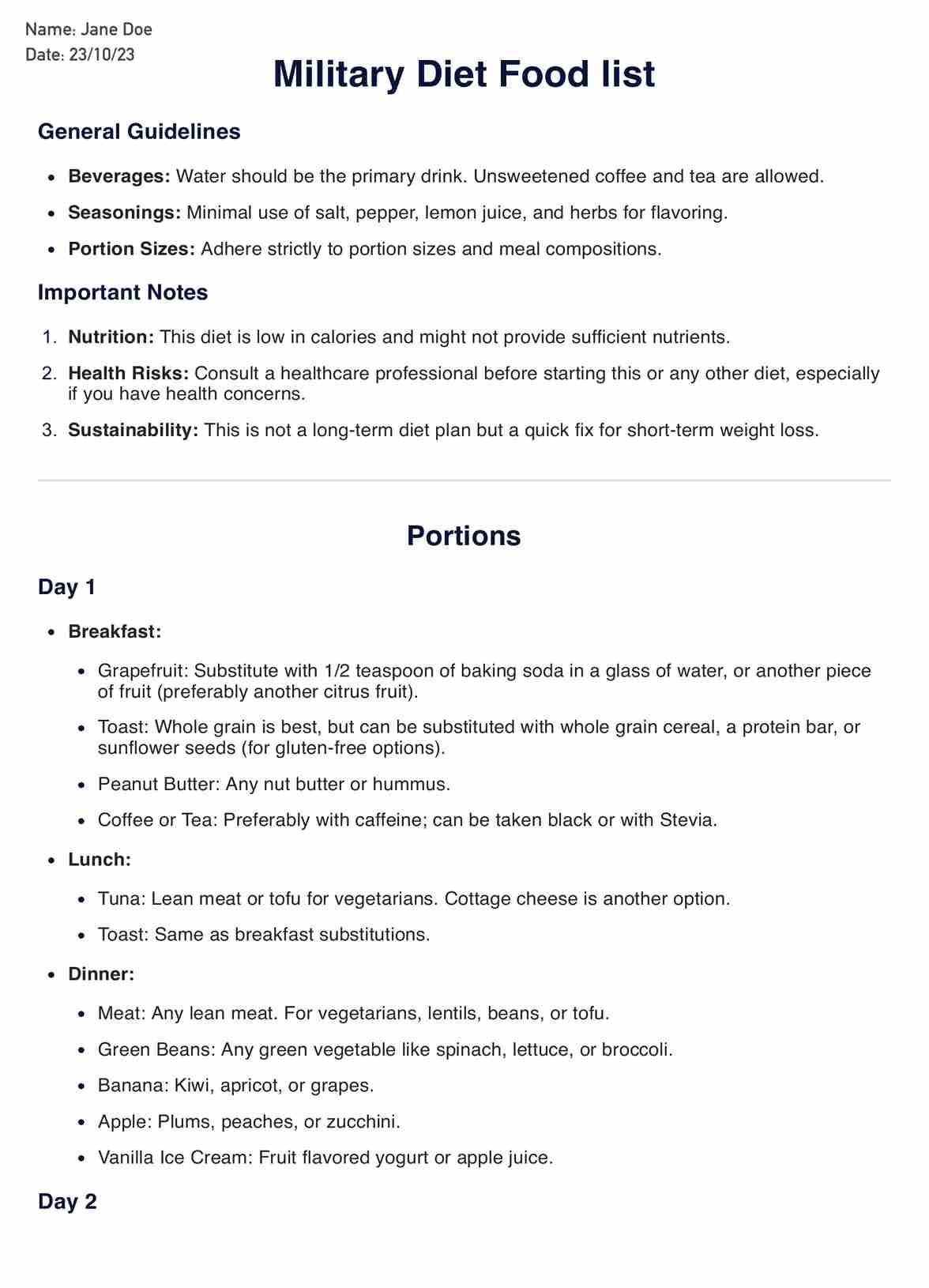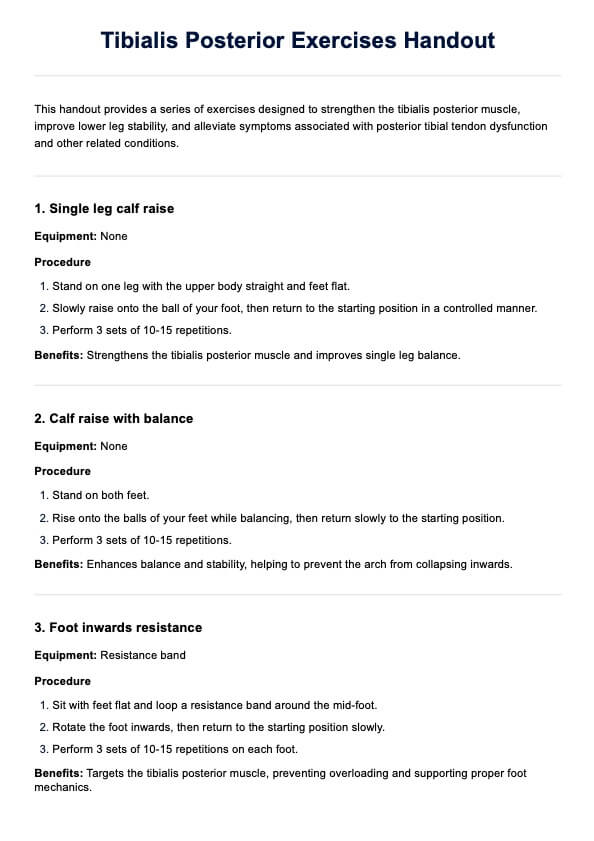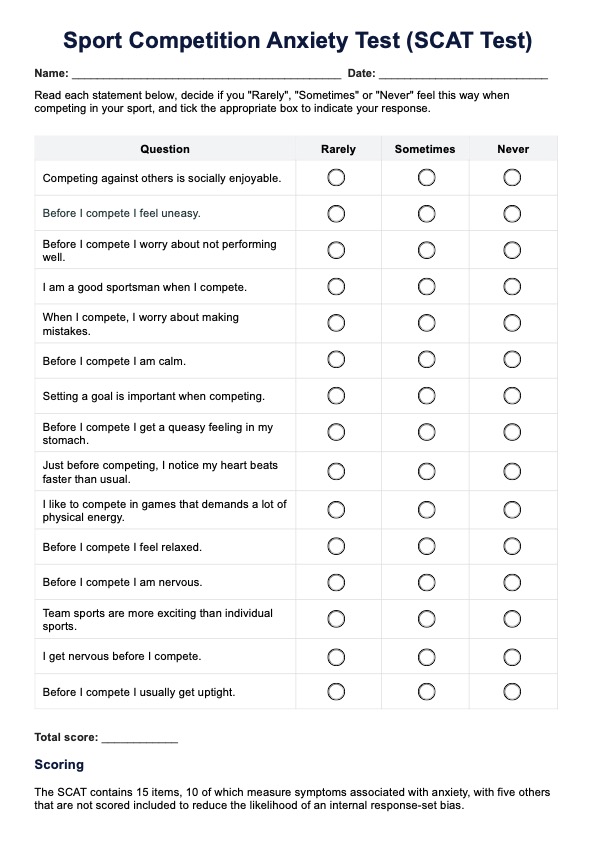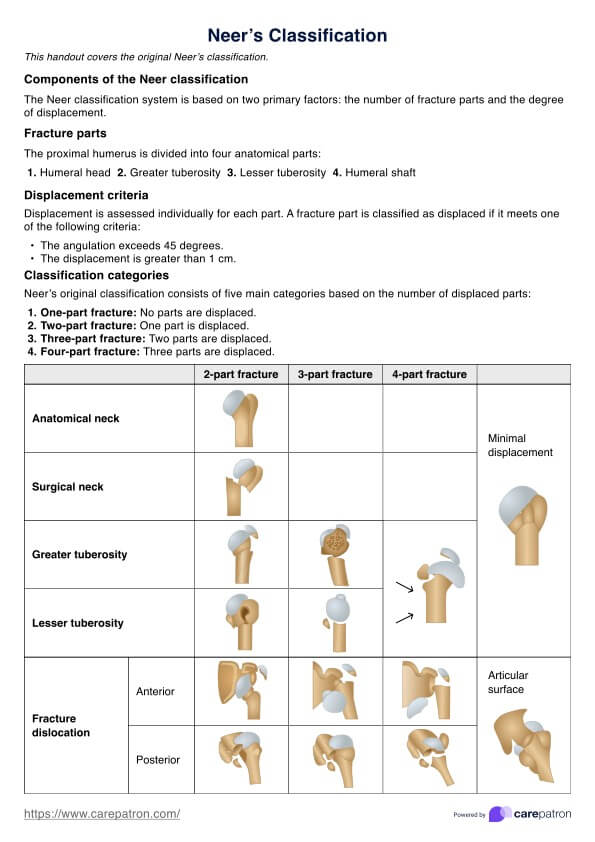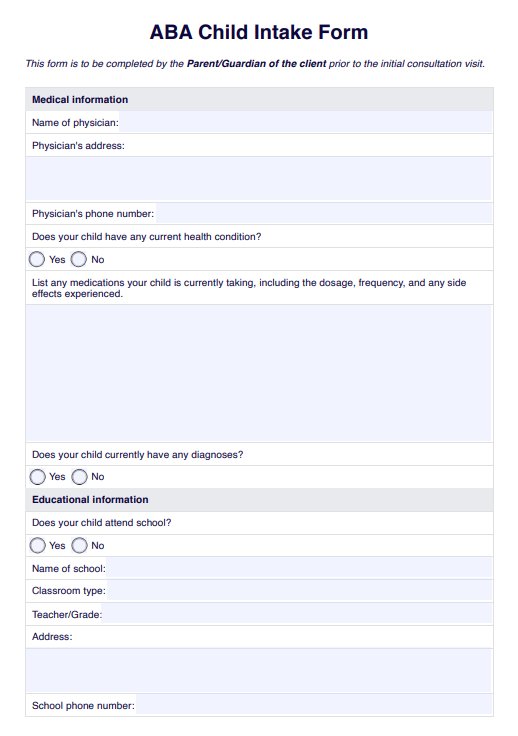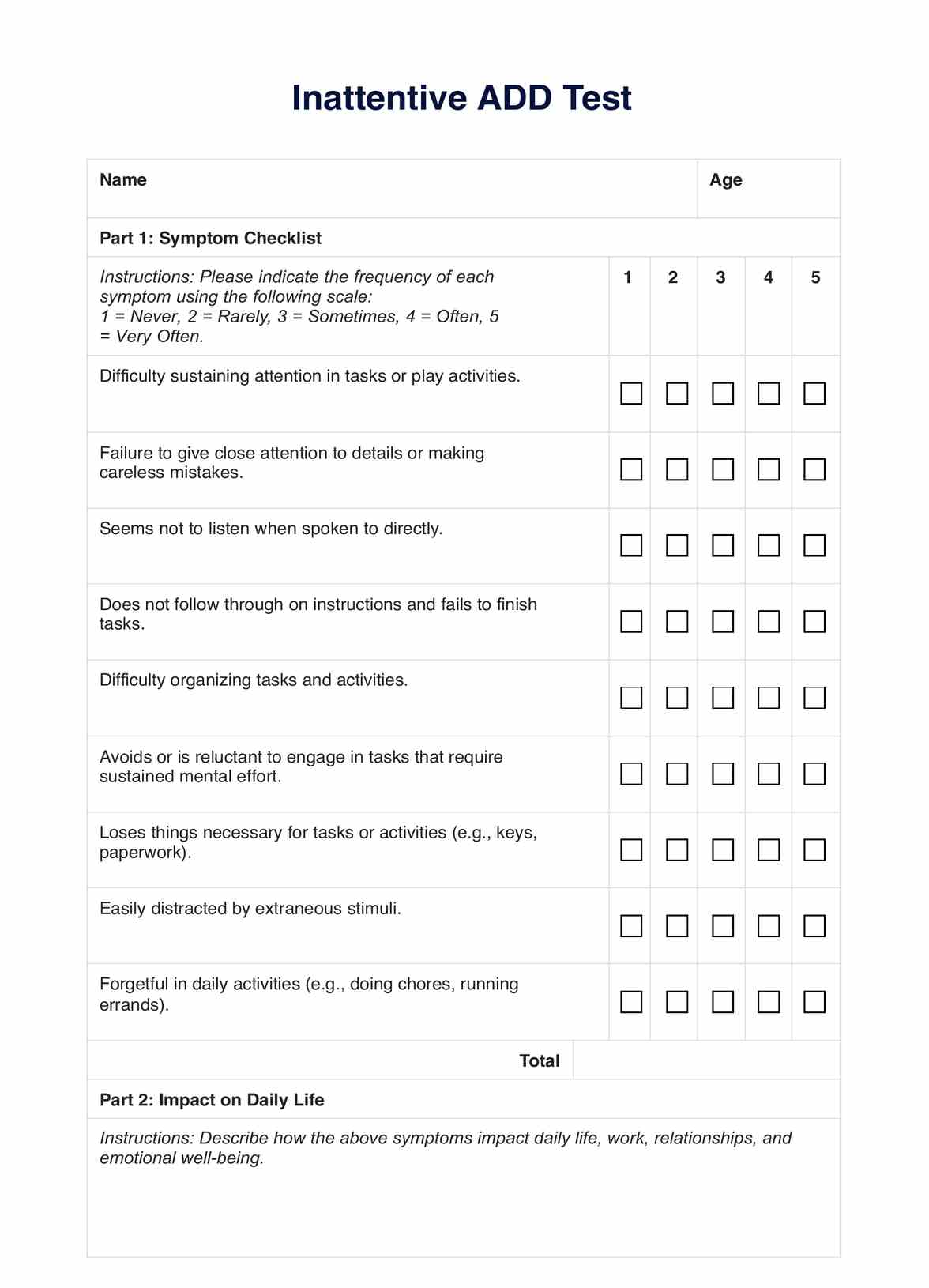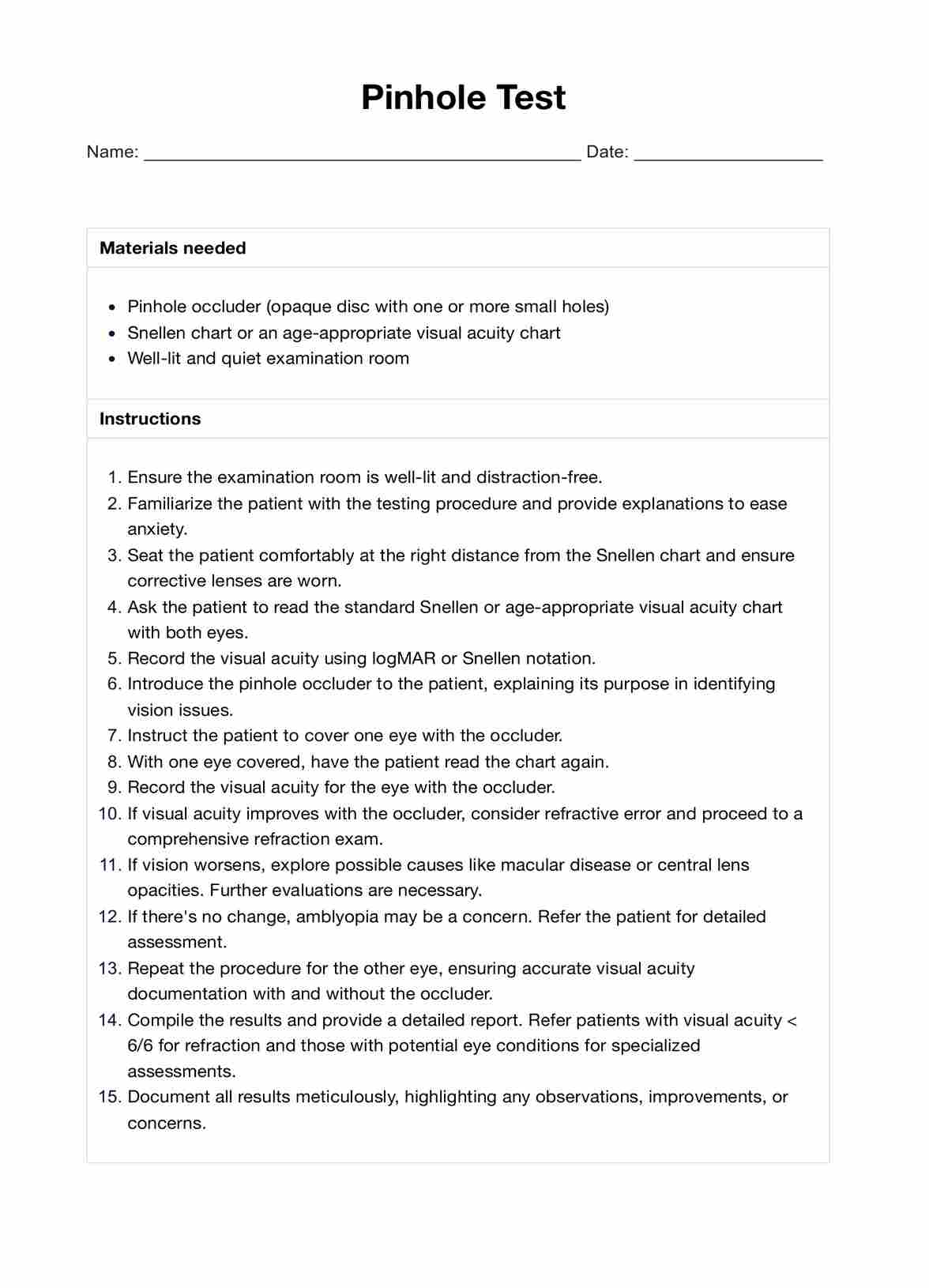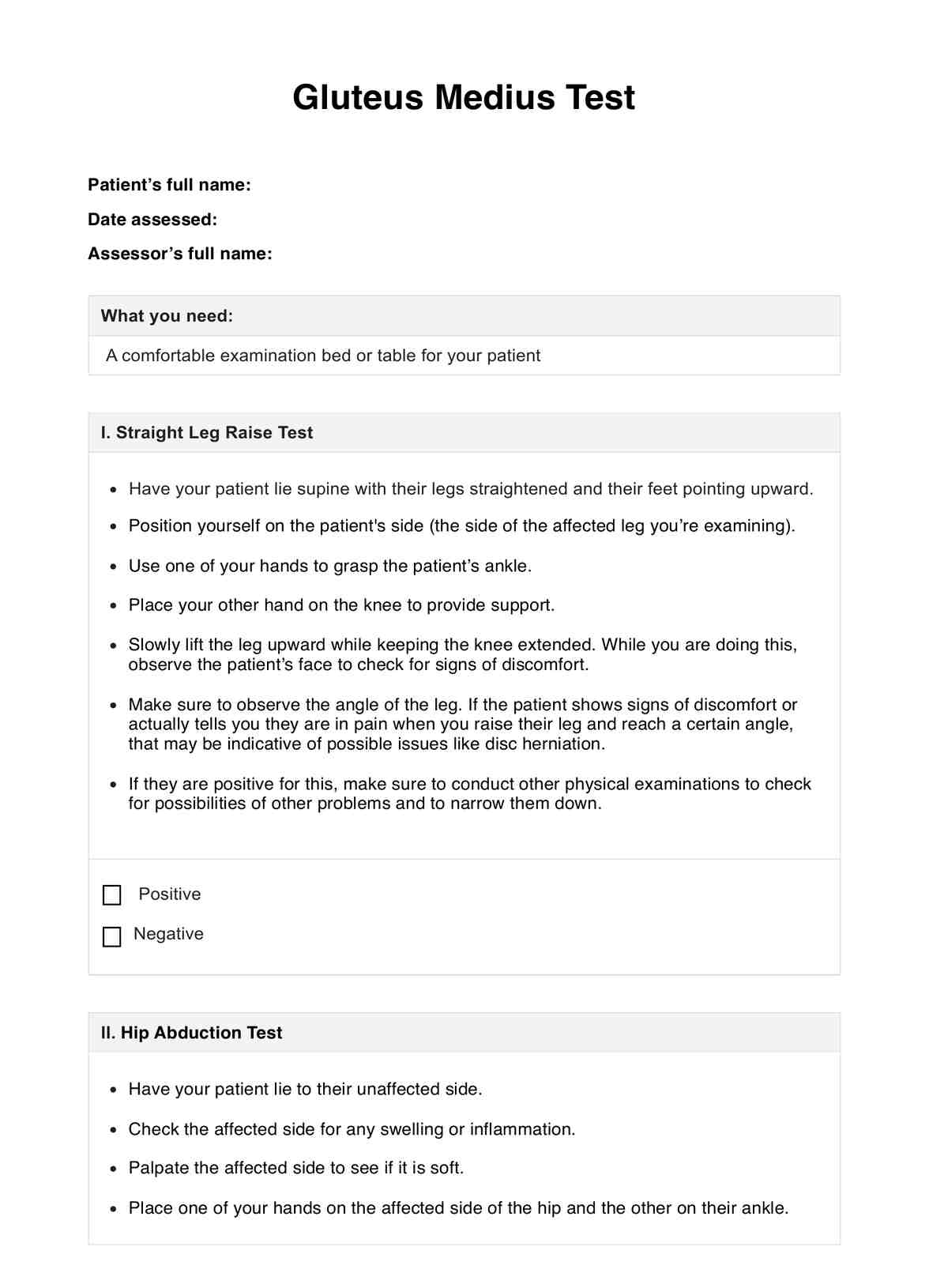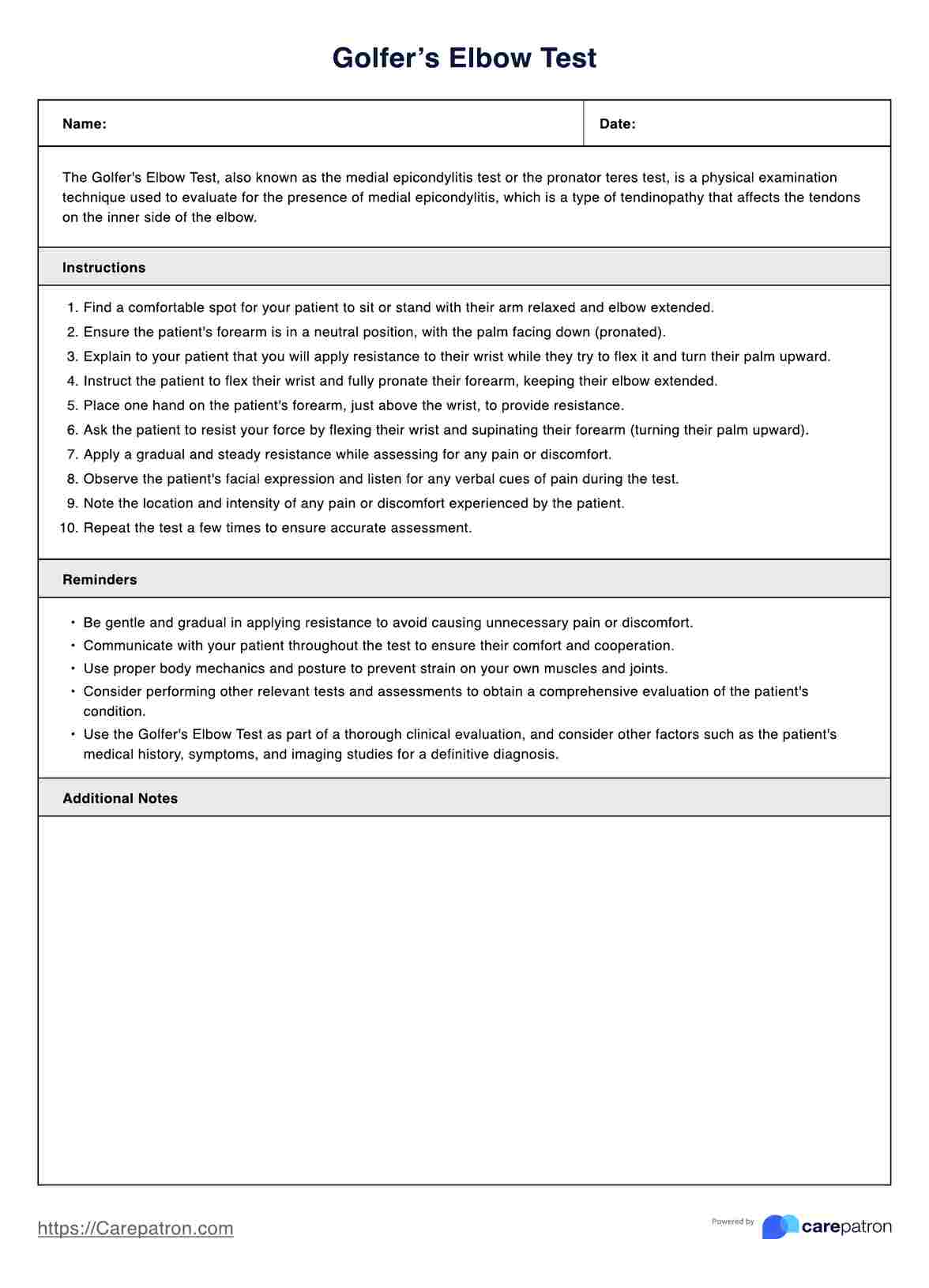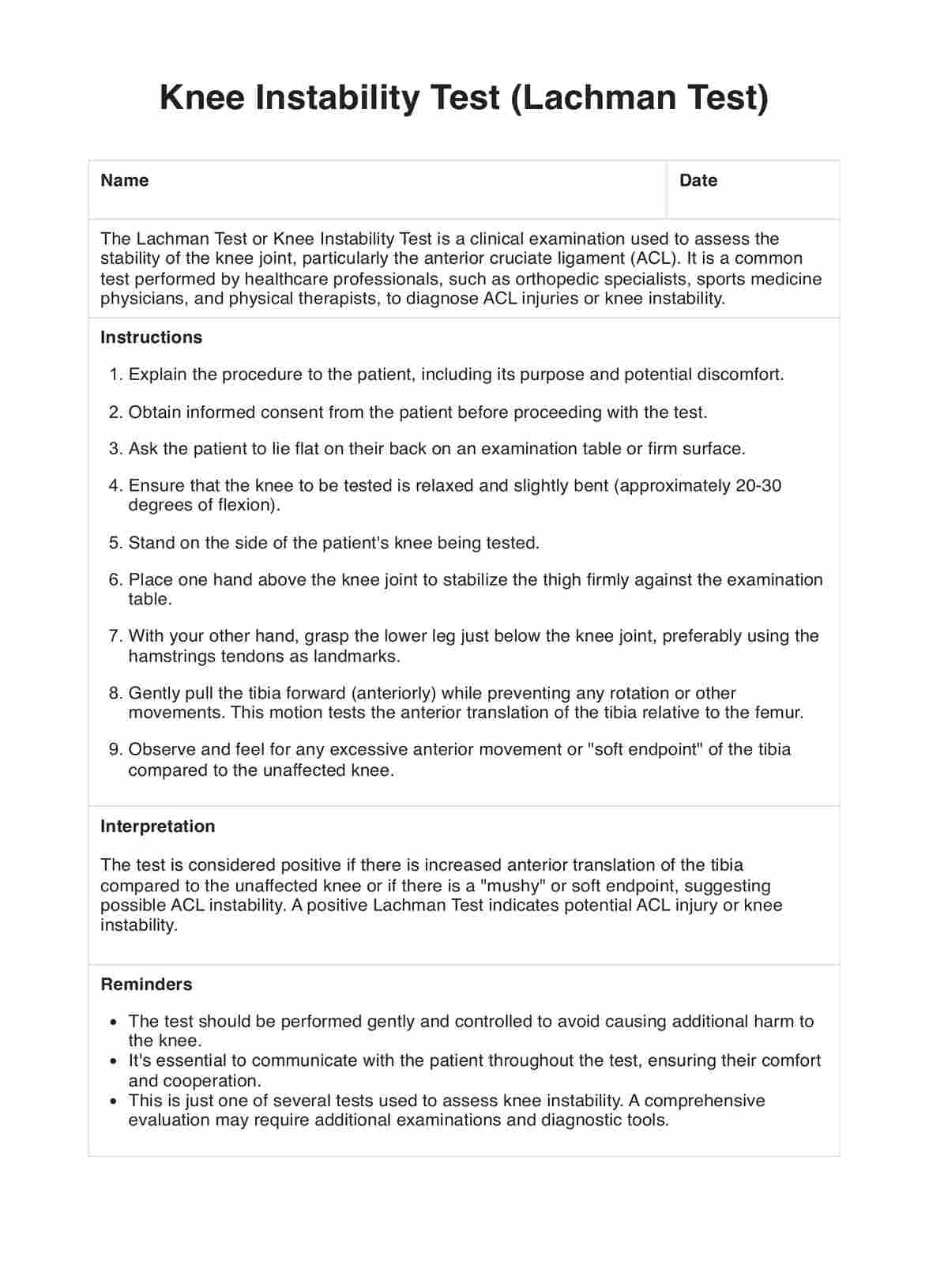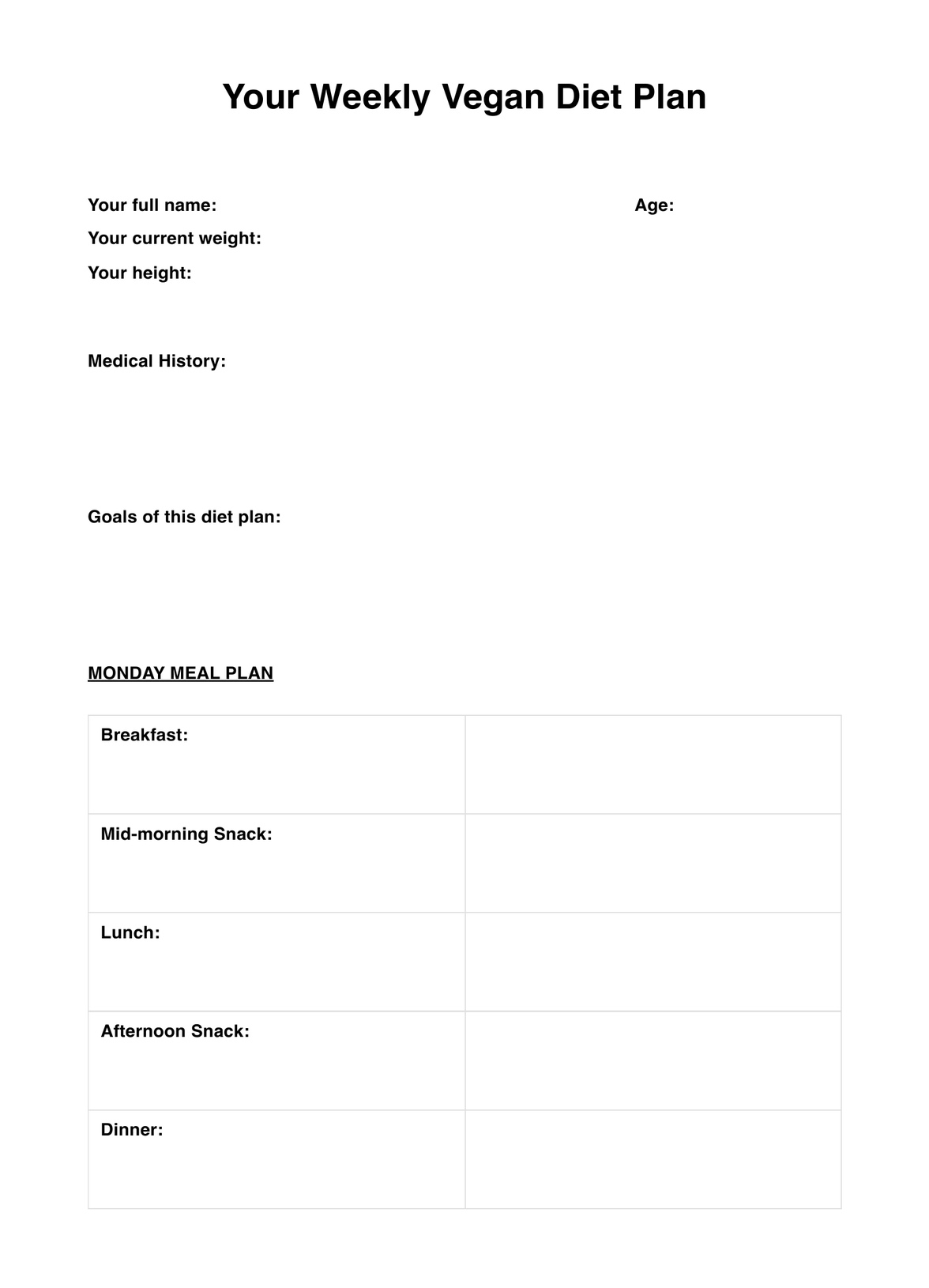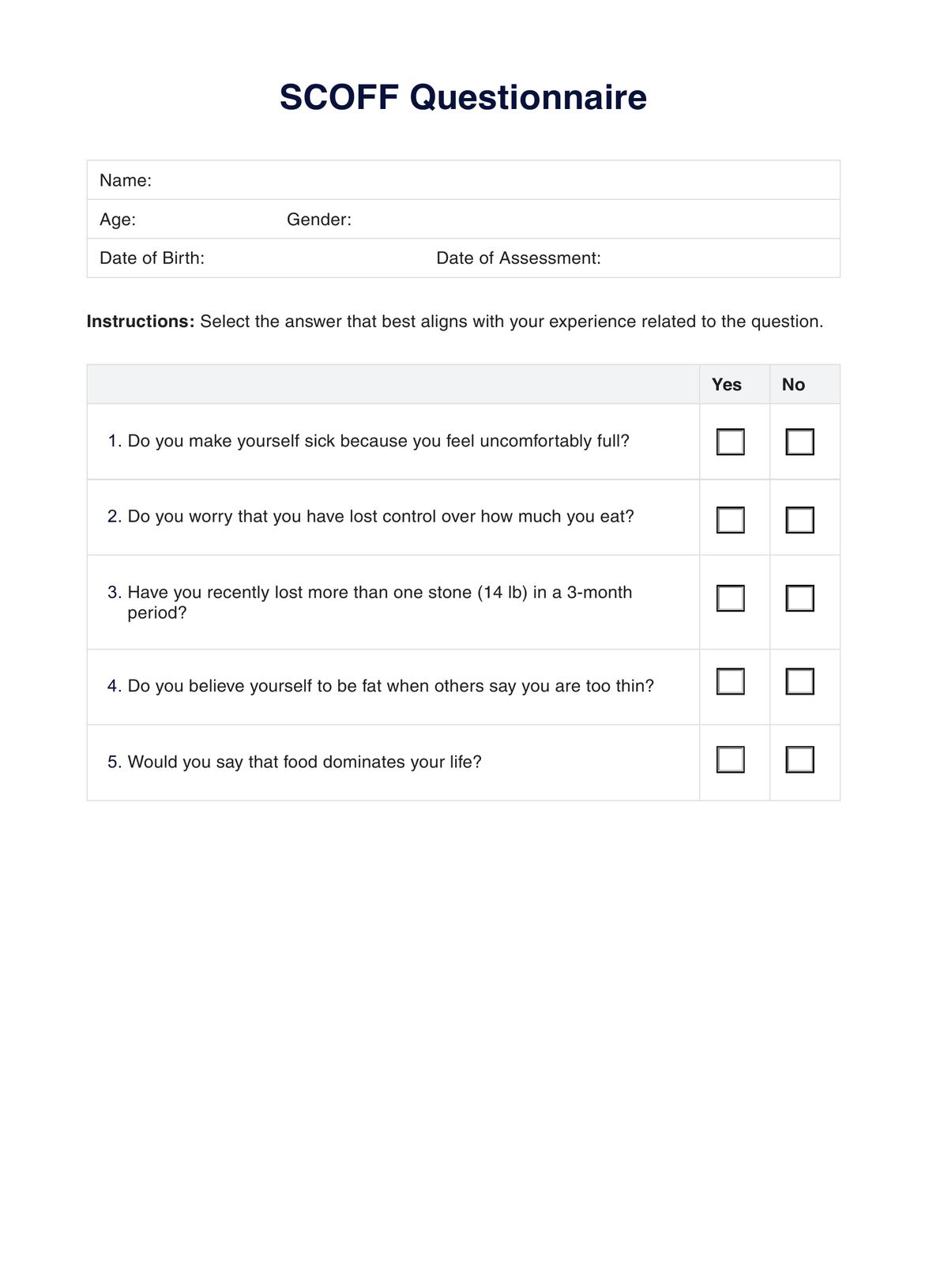Military Diet
Explore Carepatron's Military Diet Food List: A quick, effective weight loss guide with a structured, low-calorie meal plan.


What is a military diet?
The Military Diet, or the 3-Day Diet, is a short-term weight loss plan that claims to help individuals lose up to 10 pounds in a week. It's named so because of its strict and disciplined approach to weight loss, although it's not actually associated with any military organization. The military diet plan is divided into two phases over a 7-day cycle:
- First phase (Day 1-3): This phase is extremely restrictive regarding calorie intake. Dieters are limited to approximately 1,100 to 1,400 calories per day. The diet plan during these three days includes specific, predetermined breakfast, lunch, and dinner meals with no snacks. The foods are simple and include items like toast, eggs, fruits, vegetables, and small portions of meat.
- Second phase (Day 4-7): The calorie restriction is slightly relaxed in this phase, but dieters are still advised to keep their calorie intake low, around 1,500 calories per day. Unlike the first three days, the meals aren't strictly defined, but dieters are encouraged to continue eating a low-calorie diet that includes low-calorie and high-protein foods.
The appeal of the Military Diet lies in its promise of significant weight loss in a very short period. It is designed to create a caloric deficit essential for weight loss. To assist in making an informed decision about starting the Military Diet, it's crucial to understand the specific foods allowed during this restrictive program. We have created a detailed list of permitted items that form the core of the Military
Military Diet Template
Military Diet Example
How does it work?
Our list provides a focused approach to the Military Diet food plan. To maximize this resource, we've outlined a step-by-step guide on how to use our Printable Military Diet Food List.
Step 1: Download the printable Military Diet Food List
Access the Military Diet food list by clicking the link on our page. The plan will open in your default PDF reader, ready for digital use. Prefer a physical copy? Print out the list for easy reference.
Step 2: Familiarize yourself with the allowed food
Review the list to understand the specific foods allowed, focusing on low-calorie, high-protein options. The Military Diet has a very defined set of foods for each meal, so pay close attention to these items.
Step 3: Plan your meals for the week
Use the food list to plan your meals for the 7-day cycle. The first three days are highly restrictive (about 1,100 to 1,400 calories per day), followed by four days with a bit more flexibility (up to 1,500 calories per day).
Step 4: Create a shopping list
Based on your meal plans, create a shopping list. Ensure you include all the items from the Printable Military Diet Food List you'll need for the week.
By following these steps, you can effectively utilize the Printable Military Diet Food List to embark on this short-term weight loss plan. Remember, the Military Diet is designed for quick weight loss and is not a long-term diet solution. Consult with healthcare professionals before starting any new diet, especially one as restrictive as the Military Diet.
You can also use the Meal Plan Template to create balanced and nutritious meal schedules tailored to individual or family needs. This template helps in organizing meals for better dietary management and consistency.
When would you use this diet?
The Military Diet Food List is a resource primarily utilized in scenarios where rapid weight loss is desired within a very short timeframe. This diet is particularly appropriate for individuals looking for a quick, disciplined approach to losing weight, often for specific occasions or goals. However, it's crucial to understand the context and limitations of this diet to ensure it's used appropriately:
Short-term weight loss goals
For those needing to lose weight quickly for an upcoming event like a wedding or a photo shoot, the Military Diet offers a structured plan to achieve this. It's also used by individuals wanting to kick-start their weight loss journey, providing an initial boost.
As a pre-diet jumpstart
The Military Diet can catalyze those beginning a longer-term, more sustainable weight loss program. It can offer a sense of achievement and motivation.
To maintain good health
The diet is suitable for generally healthy adults without chronic health conditions, as the extreme calorie restriction might not be safe for everyone. Ensure you follow dietitian advice to keep the military diet safe.
Note that the Military Diet is unsuitable for long-term weight management due to its highly restrictive nature. It doesn't teach sustainable eating habits or include many nutrients. People with diabetes, heart disease, or high blood pressure should also avoid this diet. The low-calorie and specific food choices might not align with their dietary needs.
It's advisable to consult a healthcare provider before starting this diet, especially for those with nutritional concerns or specific dietary needs.
What else to keep in mind?
When considering the Military Diet, a highly regimented and short-term weight loss plan, there are several crucial factors to remember before, during, and after the diet. The Free Military Diet Food List is a key tool in this process, but it's just one part of a larger picture.
Before starting the diet
Consult with a healthcare professional to ensure the diet is safe for you, especially if you have any underlying health conditions. Most of your weight loss may be water weight, and that rapid rate of weight loss is not typically sustainable. Consider the potential nutritional deficiencies that may arise from such a restrictive diet. Supplements may be necessary.
During the diet
Follow the Free Military Diet Food List closely to achieve the intended results. Deviating from the prescribed foods can impact effectiveness. Pay attention to how your body reacts. If you experience adverse effects like extreme fatigue or dizziness, reassess whether you will continue. Drink plenty of water, as the diet is low in calories and can lead to dehydration.
After the diet
Gradually reintroduce a wider variety of foods. Focus on a healthy diet with balanced, nutritious meals to maintain weight loss and overall health. Be cautious of the tendency for weight gain to occur quickly after returning to normal eating patterns.
Research & evidence
Without specific research, the Military Diet's effectiveness can be inferred from studies on similar restrictive diets. Its principles draw on established methods like calorie restriction, intermittent fasting, and macronutrient manipulation, which are known to facilitate short-term weight loss. However, the long-term success of any diet involves a broader array of factors.
The Military Diet's foundation in calorie restriction and macronutrient manipulation aligns with methods known to induce weight loss (Oh et al., 2018). However, the diet's long-term effectiveness is less certain, as sustainable weight management often requires a more holistic approach.
While these strategies effectively trigger initial weight loss, they may be challenging to maintain (Oh et al., 2018). Overly restrictive calorie intake can also lead to muscle loss and a slower metabolism, which is counterproductive in long-term weight management.
Moreover, the diet's emphasis on high protein, low fat, and carbohydrate intake raises questions. It's unclear if the specific food choices and combinations inherently aid weight loss or simply facilitate calorie restriction (Memon et al., 2020).
Research supports the effectiveness of low-calorie diets and intermittent fasting for short-term weight loss. However, whether the Military Diet offers additional benefits over other similar diets remains uncertain (Oh et al., 2018).
Concerns have also been raised about the diet's safety and sustainability, particularly regarding potential nutrient deficiencies due to its restrictive nature (Memon et al., 2020). It's imperative for individuals considering this diet to consult health professionals to evaluate its suitability for their specific health needs and circumstances.
References
Memon, A. N., Gowda, A. S., Rallabhandi, B., Bidika, E., Fayyaz, H., Salib, M., & Cancarevic, I. (2020). Have our attempts to curb obesity done more harm than good?. Cureus, 12(9), e10275. https://doi.org/10.7759/cureus.10275
Oh, M., Kim, S., An, K. Y., Min, J., Yang, H. I., Lee, J., Lee, M. K., Kim, D. I., Lee, H. S., Lee, J. W., & Jeon, J. Y. (2018). Effects of alternate day calorie restriction and exercise on cardio-metabolic risk factors in overweight and obese adults: an exploratory randomized controlled study. BMC Public Health, 18(1), 1124. https://doi.org/10.1186/s12889-018-6009-1
Commonly asked questions
The 3-day military diet claims you can lose up to 10 pounds, or at least a few pounds in a week, but this varies by individual and isn't typically sustained long-term.
The military diet involves a strict low-calorie meal plan for three days followed by four days of fewer restrictions. It specifies which foods to eat and in what amounts.
Following the military diet for a month could lead to nutritional deficiencies and is not recommended due to its highly restrictive nature. Long-term adherence could also slow metabolism and lead to muscle loss.
Losing 20 pounds in two weeks is not recommended as it's unsafe and unsustainable. Healthy weight loss is considered 1-2 pounds per week, achieved through a balanced diet and regular exercise.


